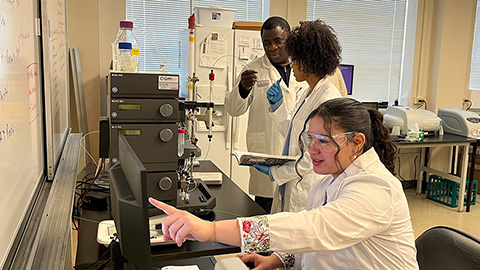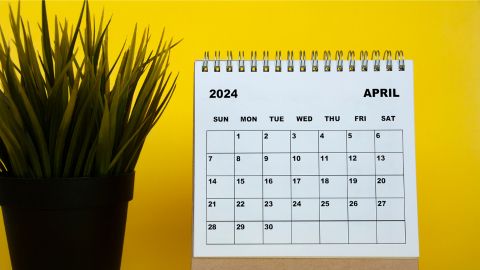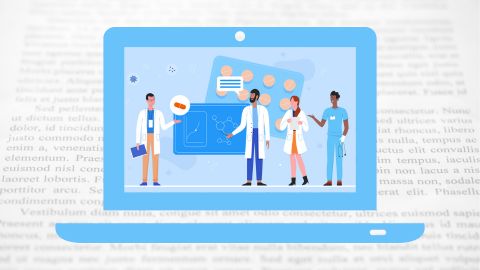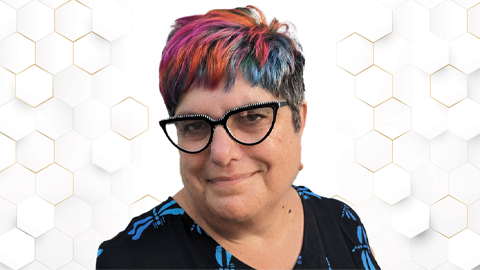15 tips for effective interviewing
As a job candidate, your No. 1 goal is to present and, when possible, highlight for your evaluators the strong points of your training, experience, ability and potential. Here are some tips to help you achieve that goal. But keep in mind that an interview should be an exchange, a dialogue — not a theatrical performance or a confidence scheme.
1. The foundation of a successful interview is a strong set of qualifications.
While marginally qualified candidates do get offers on the basis of exceptional sales pitches, their success is to a great degree reliant on the naiveté of the evaluator. Experienced interviewers quickly learn to probe beneath the surface, so you must learn how to describe your qualifications and experience clearly.
2. It is your interview.
Whatever happens will be associated with you (not the interviewer), so do your best to make sure things run smoothly.
3. You are always on the record during an interview.
Treat everyone you encounter with courtesy and respect. Avoid controversial subjects, such as politics. Avoid cracking “jokes.”
4. Greet each person with a firm handshake and some words of greeting.
While the interviewer should take the initiative, if he or she does not, you should.
5. Dress professionally.
Carry a handkerchief and use it if necessary. Avoid distracting the interviewer with the excessive use of makeup, fragrances or jewelry.
6. Use effective body language.
Face the interviewer. Turn your chair so that it faces him or her if necessary. Sit up. Lean forward. Avoid defensive postures, such as crossed arms. Avoid uninterested postures, such as leaning back or slouching. Avoid distracting mannerisms, such as twisting a ring, probing your ears or tapping your fingers. When not using them to make a point, clasp your hands together to prevent them from wandering.
7. Answer questions directly and concisely.
Practice to find the sweet spot between rambling and producing only monosyllabic grunts. Work to eliminate repetitive verbal ticks (such as “you know,” “well,” or “um”). Videotaped mock interviews can be very helpful.
8. Not everyone you meet will be prepared; don’t let this throw you.
Carry a copy of your schedule and keep it within easy reach. If your host asks, “How much time do we have?” or “Who do you see next?” you will have the answers at hand, which also is a practical demonstration of your preparedness and organizational ability.
9. Do your homework.
You need to gather information about the employer or program to help inform your decision should you receive an offer. Also, you may need to carry the conversation at times. Fairly or unfairly, awkward silences will reflect on you.
10. Ask questions!
Many interviewers interpret the absence of questions as lack of interest in the position, lack of preparedness or poor teamwork skills. Prepare a handful of probing but neutral-sounding questions (e.g., “What do you think distinguishes this school/company from its competitors?”).
11. Be ready to answer these and similar questions.
“What stimulated your interest in our program?” “How did your project fit into the overall research program of your adviser?” “Where do you see yourself five years from now?”
12. Make sure your résumé is accurate and free of exaggeration or embellishment.
Anything you have mentioned on your résumé or in other correspondence with your host is fair game.
13. If a meal is on your interview itinerary, chose food that is easy to handle.
You don’t want to wear your lunch to your afternoon appointments. Minimize the consumption of liquids, as you may have few opportunities to relieve yourself.
14. Do not bring up compensation.
You want to avoid creating the impression that money is your only motivation. Arrive prepared to discuss salary expectations, but your host may not raise this topic until after he or she has decided to extend an offer. Do, however, try to find out who your supervisor would be and about professional-development programs.
15. Arrive well-rested.
An all-day interview can be taxing. You want a clear head and the physical and mental stamina to roll with the unexpected and engage the eighth person you encounter with the same energy and enthusiasm as the first.
Bonus: Follow up.
When you return home from your interview, send an e-mail or note thanking your host. Doing so demonstrates good interpersonal skills and reinforces your interest in the position.
Enjoy reading ASBMB Today?
Become a member to receive the print edition monthly and the digital edition weekly.
Learn moreFeatured jobs
from the ASBMB career center
Get the latest from ASBMB Today
Enter your email address, and we’ll send you a weekly email with recent articles, interviews and more.
Latest in Careers
Careers highlights or most popular articles

Calendar of events, awards and opportunities
Apply for our Advocacy Training Program by April 19. Plus, submit your entry for molecule of the year!

So, you went to a conference. Now what?
Once you return to normal lab life, how can you make use of everything you learned?

Touching the future from the bench
Scholar, scientist, teacher and mentor Odutayo Odunuga discusses the important roles of the institutional PI, his journey and his research.

Calendar of events, awards and opportunities
Apply for our IMAGE grant writing workshop by April 15 and our Advocacy Training Program by April 19. Plus, submit an abstract for our transcription meeting in September!

A look into medical writing
Our careers columnist spoke with Ashlea A. Morgan at Chameleon Communications International to get a sense of one type of work a medical writer can do.

Embracing serendipity
NIGMS Deputy Director Dorit Zuk describes her scientific journey and offers tips on making career changes.

